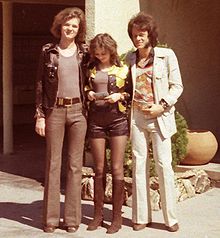I Used to Think was a writing and thinking prompt developed for students, part of the work done by Project Zero. Lately, we haven’t been all that interested in what students think, or how their thinking might change, given more information, dialogue and cogitation. Instead, we’ve been interested in raising their test scores by asking them to simply reproduce knowledge–or keeping them six feet apart and masked until they’re tested again.
The last four years have radically changed a lot of what I think. For example:
I used to think that choosing the right Secretary of Education was the first critical key to strengthening public education across the nation. I really enjoyed the game of proposing/comparing people who, from various perspectives, would be great Education Secretaries. My standard of excellence was always Richard Riley. Riley was Governor of South Carolina, where he did a great deal to recruit teachers of color and address poverty in public education, before being tapped by Bill Clinton as EdSec. He was not, however, an educator, and he presided over a time when education reform was considered a good thing. But now—I am uninterested in digging up years-old board memberships and former jobs of prospective candidates for EdSec. I am not convinced that being a long-time educator is a prerequisite for success on the job. Experience in the political and policy realm really matters. I’m not even interested in CONTINUE READING: Ten Things I Used to Think | Teacher in a strange land





























